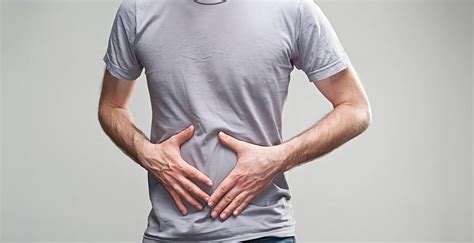
Biliousness
Published Date: 6/17/2023 6:04:06 AM
Biliousness is a term used in the 18th and 19th centuries pertaining to bad digestion, stomach pains, constipation, and excessive flatulence (passing gas). The quantity or quality of the bile was thought to be at fault for the condition.
Symptoms:
- Upper abdominal pain that may be severe.
- Frequent heartburn - a burning sensation in your chest that sometimes spreads to your throat, along with a sour taste in your mouth.
- Nausea.
- Vomiting a greenish-yellow fluid (bile)
- Occasionally, a cough or hoarseness.
- Unintended weight loss.
But because many people experience both acid reflux and bile reflux, your symptoms may be eased by lifestyle changes:
- Stop smoking.
- Eat smaller meals.
- Stay upright after eating.
- Limit fatty foods.
- Avoid problem foods and beverages.
- Limit or avoid alcohol.
- Lose excess weight.
- Raise your bed.
Probable Cause:
- Refuging to release old ideas. Stuck in the past. Sometimes stinginess.
New thought pattern:
- As I release the past, the new and fresh and vital enter. I allow life to flow through me.
Treatment for biliousness:
- After making a diagnosis the symptoms of biliousness can be controlled by lifestyle modification, management, and medications. Lifestyle modification can be very effective for relieving symptoms of biliousness. To a certain extent.
- Lifestyle and home remedies: Unlike acid reflux, biliousness seems unrelated to lifestyle factors. Many people experience both acid reflux and biliousness together. The symptoms may be eased by certain lifestyle modifications as listed below:
- Abstaining from habits like smoking. In many cases, smoking increases the production of stomach acid and dries up saliva from your mouth. Smoking apart from damaging your lungs destroys the protective lining of the esophagus.
- Breaking large meals into smaller portions. Eating smaller and more frequent meals reduces the pressure on the lower esophageal sphincter. If the pressure rises the valve opens up the contents of the stomach reflux back to the mouth.
- Sitting upright after eating. After eating a meal, waiting two to three hours before lying down. This allows time for your stomach to digest the meal.
- Limiting the intake of fatty foods. The meals having high-fat content tend to relax the lower esophageal sphincter. It slows down the rate of digestion in the stomach. Thus producing symptoms of regurgitation and indigestion. You may notice a sensation of bloating and tightness in your stomach after having food of high-fat content.
- Avoid junk foods and beverages. Packaged foods increase the production of stomach acid and may relax the lower esophageal sphincter. Beverages like caffeinated and carbonated drinks, junk foods like chocolate, citrus foods and juices, vinegar-based dressings, onions, tomato-based foods, spicy foods, and mint are also kept in the category of trouble-causing foods.
- Limiting or avoiding alcohol. Drinking alcohol irritates the lining of the esophagus. It will relax the lower esophageal sphincter. Many people experience vomiting and indigestion after alcohol intake.
- Losing extra weight. Biliousness, indigestion, heartburn, and acid reflux are more likely to occur in obese. Excess weight may put added pressure on your stomach.
- Raising your bed. Sleeping with raising the upper body raised 4 to 6 inches (10 to 15 centimeters) may help prevent biliousness and reflux symptoms. You may raise your bed by using extra pillows under your head.
- Relaxing and keeping yourself stress-free. Stress may slow down digestion, possibly worsening the symptoms of biliousness. Relaxation techniques, deep breathing, meditation or yoga, may help to improve.
- Many people with frequent stomach problems, including biliousness, indigestion, heartburn, use over-the-counter medicine. People may also use alternative therapies blindly for symptom relief without consulting the physician. Remember that even alternative medicines are made of natural ingredients. These remedies can have risks and side effects. Always do careful research and take the doctor's advice before trying any alternative therapy.
- Homeopathic medicine can be used to improve digestion troubles safely and quickly. Homeopathic medicines can specifically relieve the symptoms of biliousness. It will help to decrease the inflammation of the esophageal tract. There are no harmful aftereffects of homeopathic remedies. It is a safe alternative. Before opting for this treatment discuss your symptoms with your doctor.
Mudra Therapy For Biliousness: